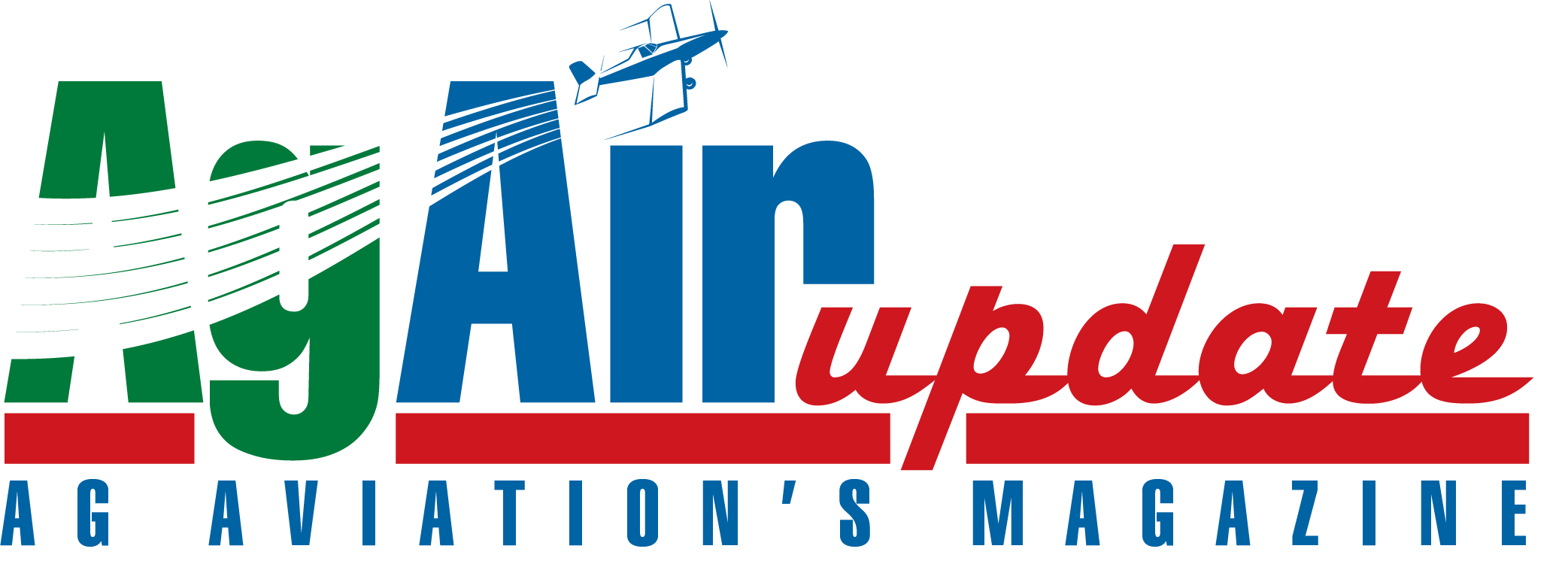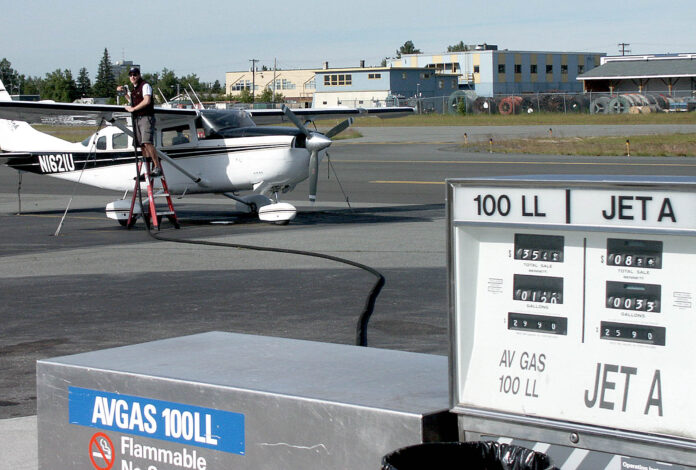The Environmental Protection Agency (EPA) announced on Jan. 12 that it “will take the necessary steps to regulate lead pollution from aircrafts (sic).” Those steps begin with proposing an “endangerment finding” on leaded aviation gasoline and are expected to be finalized in 2023.
Among the statistics released in statements by the EPA are the more than 170,000 piston-engined aircraft using leaded fuels and the more than 20,000 airports around the country from which they fly. According to the EPA 70 percent of all lead introduced into the atmosphere comes from those aircraft and people who live near those airfields are most vulnerable (“over 5 million people, including more than 360,000 children under the age of five”).
For years, there has been a tug-of-war between the EPA and the FAA over whether to prohibit leaded aviation fuel, with both sides relying on safety concerns surrounding the risk of explosion, particularly in high-performance engines. Swift Fuels has supplemental type certificates (STCs) available for its UL94 unleaded fuel for use in 33 Lycoming engine series (up to the AEIC-540-D) and for 24 Continental engine series (up to the TSIO-550-K). Other high-powered engines that have not yet been covered under the STC program, the company’s website states, “Swift Fuels has been conducting extensive scientific research, fuel testing, engine testing, and flight testing on all viable high-octane alternatives to replace 100LL [low-lead] since 2012. Our number 1 candidate to fully replace 100LL is a premium 100-octane unleaded avgas product that is already patented and is currently undergoing testing and certification with the FAA.”
General Aviation Modifications Inc. (GAMI) co-founder George Braly explained last year that his company’s G100UL replacement for 100LL, for which STCs are existing for a growing number of engines, is expected to be approved for “literally several hundreds of additional makes and models of popular engines,” and is expecting “fleetwide expansion” of the list of approved aircraft models by the first or second quarter of 2022. By his estimates, the retail cost of the STC unleaded fuels should be on par with automotive gasoline.
The advantages of unleaded aviation gasoline, according to both manufacturers of lead-free fuels, include lower maintenance expenses and increased engine life. At least in the beginning, however, unleaded avgas will still be more expensive. Braly believes that there will be an increase of 60 to 85 cents more per gallon initially. Moving forward, both manufacturers do expect economies of scale to bring the costs closer to today’s 100LL as production and delivery infrastructure solidify.
Since the 1980s, when lead was phased out of automobile fuels in order to avoid damaging the catalytic converters that were then being used to reduce harmful emissions, gasoline users have been searching for an unleaded 100-octane fuel. Despite years of study, the aviation industry was allowed to continue using leaded fuels under the pretext of safety, as no octane enhancers were readily available. In 2013, the FAA launched the Piston Aviation Fuels Initiative with the objective of certifying an unleaded 100-octane gasoline for all piston aircraft. PAFI was expected to produce an alternative in 2018 but that was delayed until 2019 after which it became apparent that the initiative provided no results. The Federal Aviation Administration recently hosted two meetings of regulators and industry participants to start another round of testing and research. These discussions have not been shared with the public yet.
Shell was a leading contender for a replacement fuel, but it withdrew from the PAFI project. Swift was also involved but ended its participation to pursue an STC path to get a fuel permit. General Aviation Modifications Inc. had its G100UL unleaded fuel approved by STC in July 2021 and has entered an agreement with Avfuel to produce and distribute G100UL. They are currently undergoing additional testing to expand engine eligibility.





